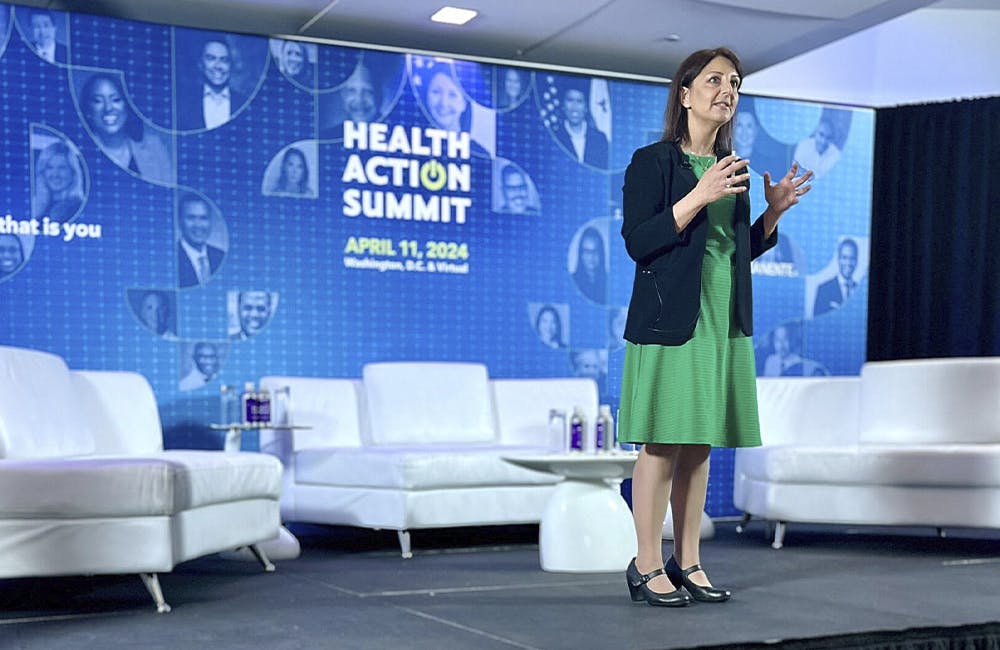VA Budget Sees 11% Increase in Biden Proposal
The budget eyes prioritizing new allocations for mental and physical healthcare, facilities modernization.

The Biden Administration is proposing to increase the Department of Veterans Affairs 2023 budget by $301.4 billion, a 10.6% increase from 2022 that will be allocated largely toward veterans health care and support services.
Having been formed in consultation with leadership across Veterans Affairs, the budget request features new allocations for a range of critical programs, including a 21.3% increase for various forms of VA health care delivery and modernization.
These investments are centered on the agency’s ongoing push to improve health care delivery via facilities modernization, IT development, as well as increases to both employee training and compensation.
The 2023 budget proposal also increases emergency preparedness funding, likely intended to support demands like that of the COVID-19 pandemic and VA’s role supporting America’s health care network during a national public health crisis.
Notable among these allocations is funding for the Veterans Health Administration’s construction or modernization of facilities, provisions stemming from the 2018 MISSION Act, some of which had been temporarily delayed due to the COVID-19 pandemic. Funding for major and minor construction projects increased by nearly 40% and 43% respectively over the 2022 budget. This amounts to a total allocation of $804.5 million for major construction projects and $163.5 million for minor construction projects in 2023.
One of the most prominent decreases in the 2023 proposal is a drop in funding for the VA’s electronic health records program, marking a 33.9% decline from 2022.
On an accompanying press call, VA CFO Jon Rychalski noted that this was due to much of the up-front investment in EHR development and site preparation already having been accomplished by 2022.
“The current spend plan is consistent with the deployment strategy. It is a little bit lower because we have already funded the infrastructure requirements for the near-term sites. So we knew we would need less money in 2023 for infrastructure because a lot of that work has been done,” Rychalski said.
Increased funding for both VHA and the Veterans Benefits Administration staffing align with priorities outlined by VA Secretary Denis McDonough, with these allocations intended to increase compensation and retention rate among medical staff as well as bring in new hires to get ahead of the agency’s benefits and compensation backlog.
The agency’s recent efforts to modernize its benefits administration and expedite the claims management process has resulted in a $440 million increase, or 12.9% over the 2022 VBA budget, “to hire 379 additional claims processors to support growing demands and increased scope of claims as well as to advance claims automation and modernization efforts.” This budgetary increase seems to indicate ongoing support for the longer-term plan to fully automate the verification of service-related health conditions.
Increases in proposed funding for both IT and facilities development across VHA are coupled with new allocations to increase employee retention and build the engaged workforce needed to bring these projects to fruition. With VA having seen notable improvements in patient satisfaction over the past five years, these proposals are likely intended to ensure this upward trend remains consistent.
The 2023 budgetary report outlines that VA intends to support competitive wages through a budgetary increase of $48.1 million, as well as through funding designed to “maximize bonuses and retention incentives by waiving limits on bonuses for work done during the pandemic and increasing retention incentives and continuing delegated authority for recruitment, relocation and retention incentive payments of up to 50% of employee base salaries.”
This is a carousel with manually rotating slides. Use Next and Previous buttons to navigate or jump to a slide with the slide dots
-

HHS Aligns AI, Tech Strategy Under its Policy Agency
ONC will have a new name and oversee more c-suites to better shape the future of health care technology policy.
3m read -

Data Interoperability in Clinical Trials Will Help Put Patients First
The FDA wants to improve diversity in clinical trials as it outlined in new draft guidance open for public comment.
2m read -

CDC Celebrates Data Strategy Milestones, Eyes Future Goals
The agency is emphasizing interoperability as it works toward its data modernization goals for public health.
3m read -

CDC Updates Public Health Data Strategy
Accelerating data sharing through capabilities like electronic case reporting make up a large portion of the new two-year plan.
3m read








